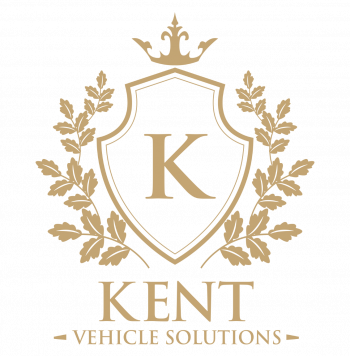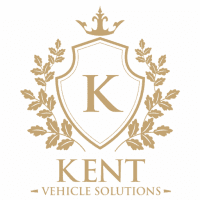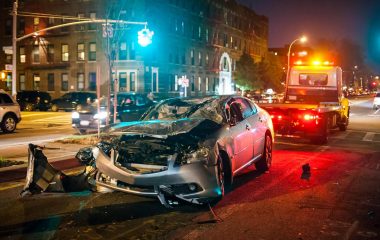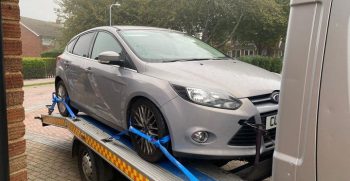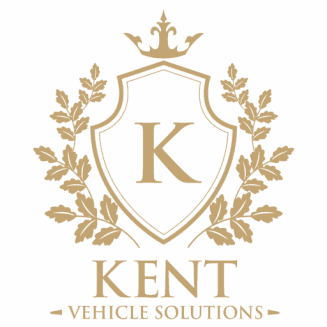Being involved in a car accident is a distressing experience that requires prompt action and careful navigation of various procedures. but who recovers car after an accident? This guide aims to provide comprehensive advice on what to do after a car accident, covering crucial steps from immediate response to handling insurance claims and vehicle recovery.
What to do immediately after a car accident:
Immediately following a car accident, it’s essential to:
- Stop the car promptly to comply with your legal obligations.
- Check for injuries among all parties involved, prioritizing everyone’s safety.
- Try to remain calm and composed, ensuring a clear-headed approach to the situation.
- Exchange contact details with other driver/s and any witnesses involved in the accident to facilitate communication and future claims.
What details should you take after an accident? After an accident, gather important information such as:
- Names, addresses, and phone numbers of all involved parties.
- Vehicle registration numbers and insurance details.
- Any relevant information about the circumstances of the accident.
- Documentation of vehicle damage and injuries sustained. eg photo’s
- Contact details of witnesses who can provide testimonies.
Does saying sorry mean I accept blame?
While saying sorry may seem like a gesture of goodwill, it’s crucial to understand that it doesn’t necessarily imply accepting blame legally. However, apologizing at the scene can potentially complicate insurance claims, so it’s advisable to refrain from making any admissions of fault.
Dealing with your insurer: Making a claim with your insurer involves:
- Providing necessary details of the accident, including documentation and evidence.
- Co-operating with your insurer throughout the claims process.
- Understanding the implications of different insurance policies and coverage options.
What happens to my car?
After an accident, the fate of your vehicle depends on the extent of damage and repair feasibility:
- If your car is un-drivable your car will be recovered
- if over the weekend will more then likely be put into car storage
- If repairable, your car will have repairs carried out at approved facilities.
- In cases of severe damage, your car may be deemed a write-off, and you’ll receive compensation based on its market value.
- The repair or replacement process is often facilitated by your insurance provider or an accident management service.
When should I call the police?
Calling the police after an accident is necessary under certain circumstances (not all), including hit-and-run incidents, suspicion of illegal activities, or when injuries are involved. Reporting the accident promptly ensures compliance with legal requirements and aids in documenting the incident.
How to exchange motoring details after an accident: Exchanging motoring details is vital for processing insurance claims and legal proceedings:
- Share comprehensive information with all parties involved in the accident.
- Gather accurate details about vehicles, drivers, and witnesses.
- Ensure compliance with legal obligations regarding information exchange.
Dealing with crash-for-cash claimants: Being aware of potential scams and fraudulent activities is crucial:
- Recognize common tactics used by crash-for-cash claimants, such as staged accidents or exaggerated claims.
- Take preventive measures to avoid becoming a victim, such as maintaining safe driving practices and installing dash cams for evidence.
Who Recovers Car After An Accident? Following an accident, vehicle recovery involves:
- Contacting an accident recovery service for prompt assistance.
- Prioritizing safety and ensuring the proper handling of the vehicle.
- Arranging for vehicle storage and facilitating repairs or replacements as necessary.
Conclusion: Navigating the aftermath of a car accident requires vigilance, caution, and adherence to legal and procedural requirements. By following the outlined steps and seeking appropriate assistance, individuals can effectively manage the aftermath of an accident and mitigate potential challenges associated with insurance claims and vehicle recovery.
- March 14, 2024
- 7:59 pm
